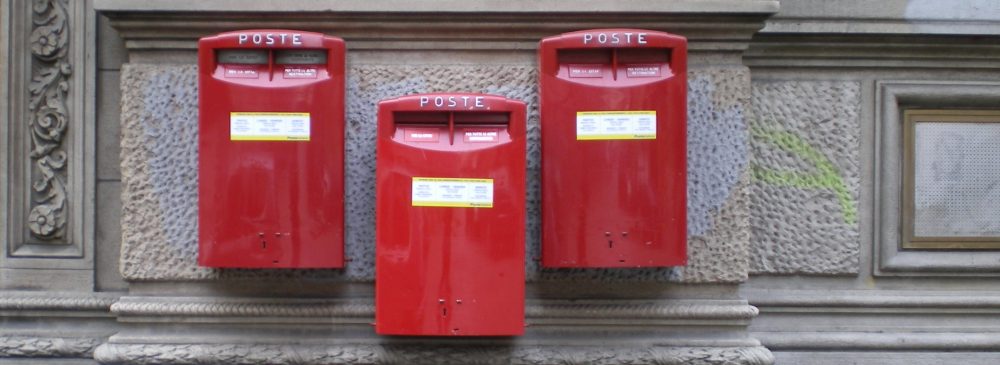I don’t remember the first time I heard partisan anthem “Bella Ciao,” but the first time it meant something was during a Fourth of July concert at the American Consulate in Florence.
Nehemiah Brown, one of the most inspiring expats I know, runs a Gospel school there and put it in a gig he did for diplomats and locals.
The song is about waking up one morning with Fascists at the door, deciding to join the resistance movement, knowing it means probably not coming back alive, but ultimately the fight for freedom is worth the price.
Each verse ends with a punchy “Bella ciao, bella ciao, bella ciao ciao ciao!” as the partisan says goodbye to his girl.
So the Americans who didn’t know Italian — much less the cultural context of the song — started clapping along with the “bella ciao” part.
And wondered why the Italians winced at first, then sang along too.
When I asked Nehemiah about it, he just laughed, admitting he knew the kind of effect the song would produce.
Why were the Italians — and anyone who understood — uneasy?
Italians aren’t big on anthems; they still don’t have an official national one, believe it or not.
And “Bella Ciao” has become the de facto song for celebrations of April 25 Liberation Day, as in liberation from the Fascists with the arrival of U.S. troops.
With the exception of Mussolini’s granddaughter Alessandra and her political cohorts, not many Italians have black shirt nostalgia, but “Bella Ciao” has since become a hymn mostly associated with the extreme left — and that kind of affiliation makes a lot of Italians uncomfortable. (The motto for one media collective named in honor of the song is: “To rebel is right, to disobey is a duty, to act is necessary!”)
Nehemiah, sidestepping the political implications with the immunity of a foreigner, used to teach it to Italian kids at grade school. He was surprised to find the kids didn’t know it but that even conservative parents were moved to hear their offspring belt out this historic ditty.
It’s about time to re-evalutate the song. Give a listen with a haunting choral version courtesy the National Association of Partisans website; a more standard upbeat version is worth hearing here, courtesy the Marxists. Translated lyrics here.
The uncertain singalong: “Bella Ciao!”
Reply
